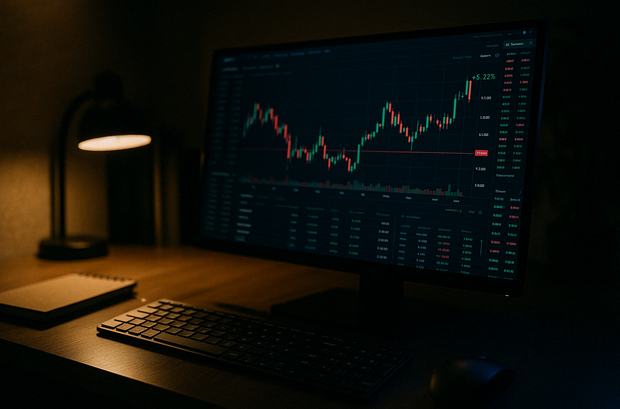TLDR
- Vietnam launches a five-year crypto trial limited to licensed firms and foreign investors only.
- All crypto trading must be in Vietnamese dong and backed by real assets.
- Licensed platforms need $379M capital with 65% from institutional investors.
- Foreign ownership in any platform is capped at 49% to retain local control.
Vietnam has approved a five-year pilot program to test regulated cryptocurrency trading platforms, marking its first major step toward managing digital assets. The program, announced on September 9, 2025, aims to bring oversight to a market that has operated without clear regulation. Only Vietnamese companies with government licenses can take part, and all transactions must be done in Vietnamese dong and targeted at foreign investors.
Regulated Structure for Crypto Activities
The pilot program will run until 2030. After that, the Ministry of Finance will evaluate its performance and report to the government.
The program is designed to ensure that crypto trading operates within legal limits. The resolution was signed by Deputy Prime Minister Ho Duc Phoc, following earlier parliamentary approval.
Under the new framework, only Vietnamese enterprises can launch digital assets. They must also be licensed by the Ministry of Finance. These assets can only be offered to and traded by foreign investors through registered service providers.
Crypto trading, issuance, and payments are restricted to the Vietnamese dong. The government has banned the use of foreign currencies and unlicensed platforms in any related transactions.
Enterprises must publish a detailed prospectus at least 15 days before launching a digital asset. All digital assets must be backed by real, non-currency assets and cannot represent securities or fiat money.
Strict Requirements for Service Providers
To operate in this trial, service providers must meet strict capital and ownership rules. Each applicant must have a minimum capital of 10 trillion VND (about 379 million USD).
At least 65% of this capital must come from institutional investors. In addition, foreign ownership in any licensed entity is capped at 49%, preventing full control by foreign companies.
Applicants also need to meet standards in risk management, information security, and internal governance. This includes certified professionals in cybersecurity and executive-level experience in finance or technology.
Compliance with anti-money laundering (AML), counter-terrorism financing (CTF), and data protection laws is mandatory. These checks will be monitored by the Ministry of Finance, with support from the State Bank of Vietnam and the Ministry of Public Security.
KYC (Know Your Customer) protocols must be applied across all licensed platforms to prevent anonymous or illegal activities.
Vietnam’s Shift from Grey Market to Regulated Sector
Vietnam has had high levels of crypto use for years, but this activity has mostly taken place in an unregulated space. P2P trading and offshore exchanges have led the market, often without oversight or consumer protection.
According to data from Chainalysis, Vietnam ranked highest in global crypto adoption between 2021 and 2022. However, until now, the country lacked any legal guidelines or licensing processes.
The five-year trial is expected to help move the country from informal use to a controlled, licensed environment. This shift may help protect consumers and reduce illegal activity while allowing new business models to be tested safely.
This trial places Vietnam alongside other Southeast Asian countries experimenting with crypto regulation. While Singapore has a full framework and Thailand uses a tighter model, Vietnam is starting with a controlled experiment limited to local players and foreign investors.






